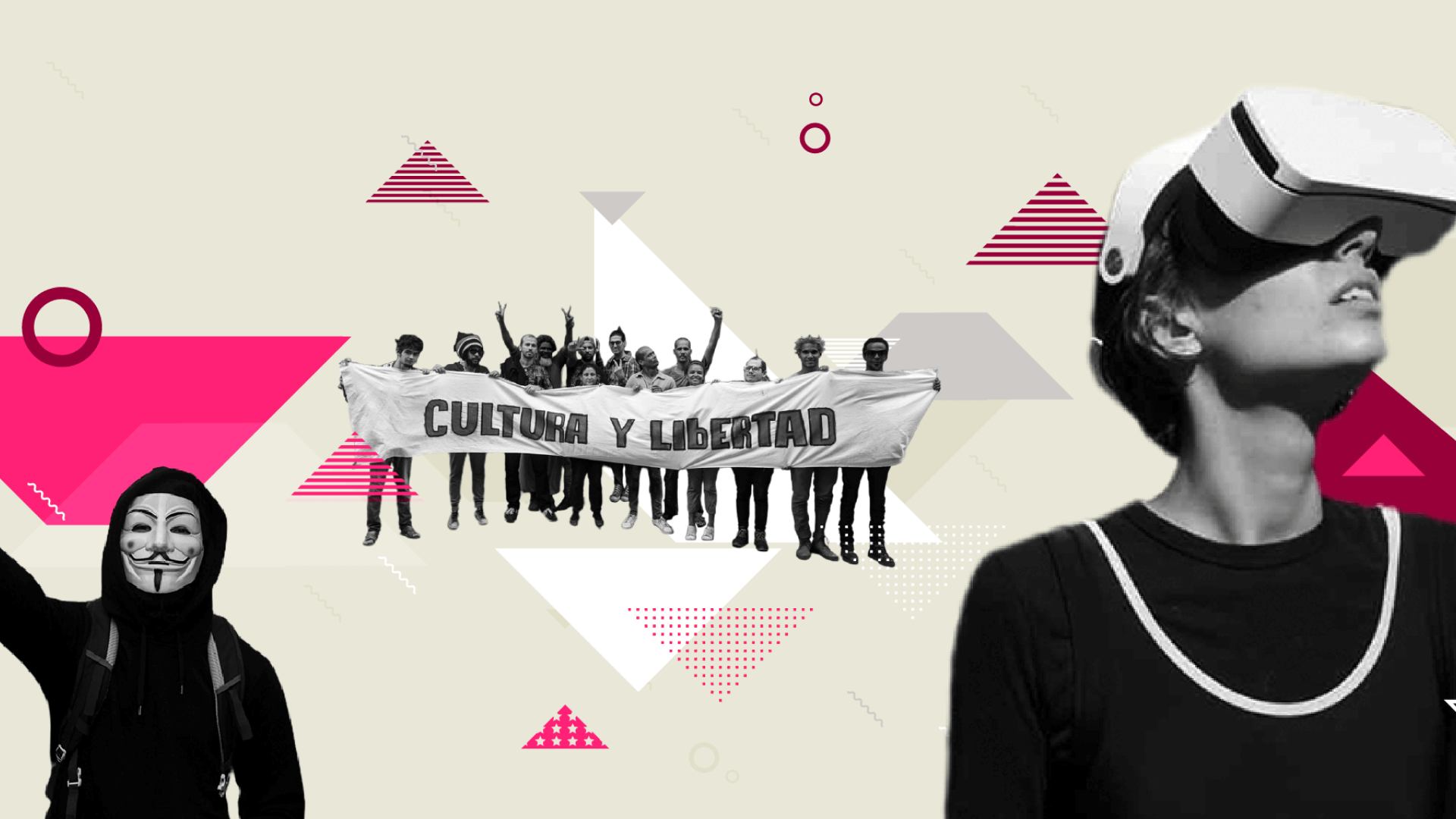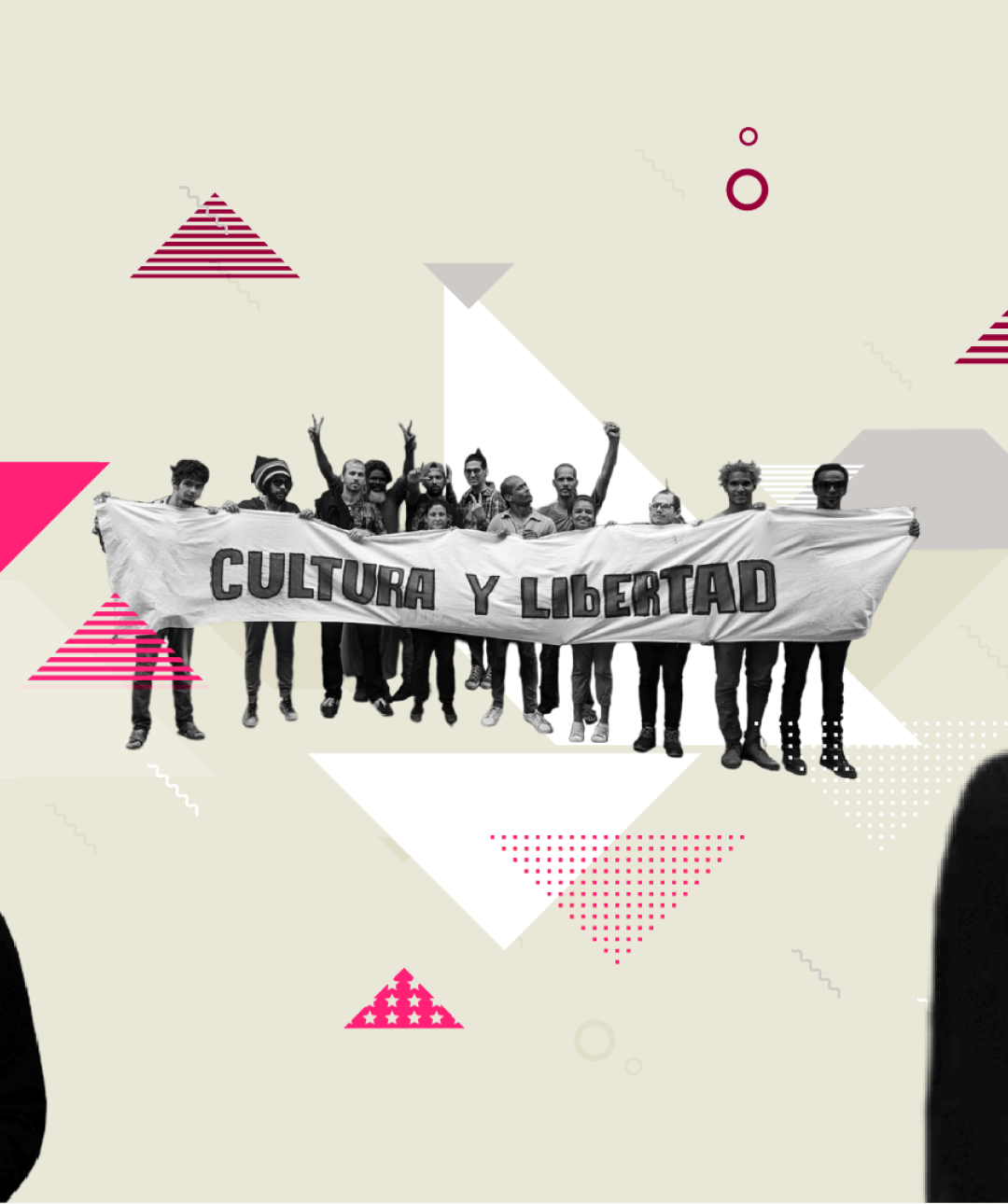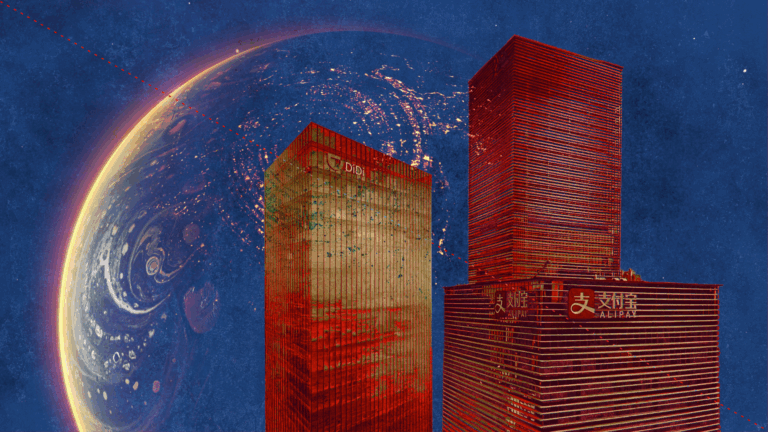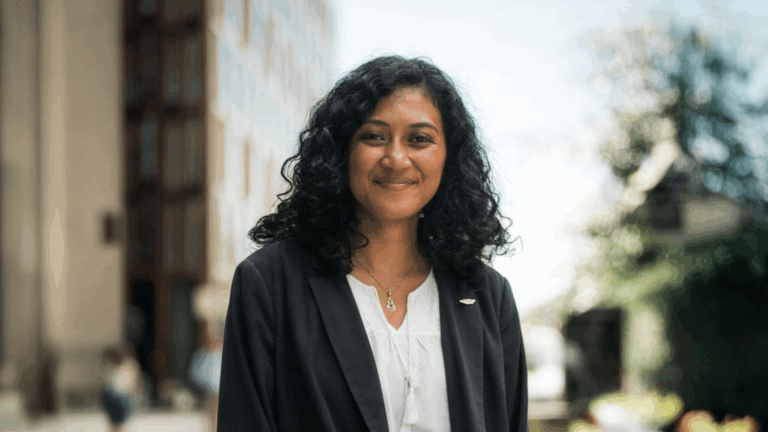The past year has brought remarkable changes in the way we live our everyday lives. In response to the COVID-19 pandemic, most governments have placed restrictions in order to curb the spread of the virus, forcing billions of people to spend more time online, and less time outside. The pandemic has accelerated many trends in technology and entertainment while upending the way we work, play, and relax. It has also had a huge impact on the way we protest and act politically.
As we step into 2021, HRF takes a look back at some of the underlying themes behind the struggle for freedom this year. Many authoritarian governments have seized on the pandemic to tighten restrictions on basic freedoms, going far beyond the recommendations of public health professionals, while activists and protesters have had to adapt to new and challenging conditions, using technology and innovation. The sports and entertainment industries which are often exploited by tyrants to expand their power have come underneath greater scrutiny over the past year, and the role of women in protest movements continues to expand.
Art is perhaps one of the oldest forms of protest, but it has never lacked for innovation. In 2020, art was used in a variety of ways to stand up to authoritarian regimes. In Thailand, people used art to challenge the taboos surrounding discussing Thailand’s monarchy and the strict lèse-majesté laws that the government used to crackdown on peaceful protesters. On the streets, protesters have borrowed from The Hunger Games, Harry Potter, Japanese cartoons, and even the indefatigable rubber ducky to express their discontent with the ruling military junta. Chinese artists like Badiucao and Hong Kong artists like ah_to_hk have challenged the CCP, exposed the hypocrisy of companies like Nike and Coca Cola that do business in China and ignore human rights, and creatively avoided censorship with coded art.
Art can inspire change, but it also brings risks. Katrin Nenasheva, a performance artist and activist based in Moscow, was detained in February when she led a group of activists who covered their faces with paint to protest facial recognition cameras in Moscow. In Sudan, a group of artists was jailed for hosting a mixed-gender theatre workshop and were released only after pressure from the international community. In Cuba, the San Isidro Movement challenges the Castro regime through art, exposing violence and injustice. In November, the communist authorities cracked down on the group, sentencing rapper Denis Solís to a lengthy prison sentence for “insulting” the police in a song. The regime later proceeded to arrest and harass all activists and artists who were protesting peacefully for Solís’ release.
Dictatorship is no laughing matter, but humor can also be a powerful tool against authoritarianism. Ahmed Albasheer is an Iraqi comedian who started the Albasheer Show, a political satire show that inspired the Iraqi protest movement. The Albasheer Show lampoons political culture in Iraq and encourages people to resolve issues with dialogue, not violence. Albasheer is now one of the most popular public figures in Iraq, and his show continues to inspire.
Music can be a source of inspiration, too. In February, Algerian singer Chibane released a protest song celebrating the one-year anniversary of the start of the Hirak movement which brought down Algerian dictator Abdulaziz Bouteflika. Chibane had previously written several protest songs during the Hirak protest movement, inspiring Algerians to demand democratic change. In Nigeria, some of the country’s most well-known global icons of music, such as Davido, Tiwa Savage, Wizkid, and Falz The Bad Guy, either joined the #EndSars protests or used their platforms to pressure the authorities directly to heed the demands of demonstrators, while other artists, such as Ash Hamman or Fikky dedicated songs to the demonstrators, reviving a tradition of music and activism pioneered by the legendary musician and activist Fela Kuti. Guinean rapper Djani Alpha released protest songs criticizing President Alpha Conde’s forceful attempt to seek an unconstitutional third term and condemning security forces’ violence against protesters. In November, Egyptian musician Ramy released a song to commemorate the 1,000 days since poet Galal El-Behairy was imprisoned for criticism of the government.
To learn more about creative protest art, view HRF’s virtual Art in Protest gallery.
Moving into 2021, we must continue to support those that are fighting for freedom and democracy. You can help by making a contribution to the Human Rights Foundation today.








